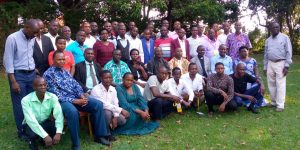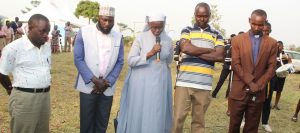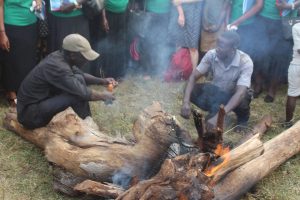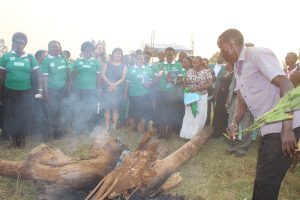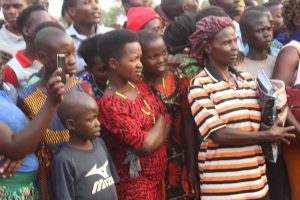The Constitution of the Republic of Uganda (1995) defines four systems of land tenure for the country freehold, leasehold, mailo, and customary. Land in Uganda is the most essential pillar of human livelihood and national development. It is a critical foundation for many livelihoods due to its Contribution to agriculture and the national economy.
However, massive land use changes without requisite land management planning pose significant socioeconomic and environmental threats. Land degradation is highlighted as the greatest contributor to the annual cost of environmental degradation, largely manifested in soil nutrient loss through soil erosion. Scientific studies indicate that Uganda loses about 11 percent of its Gross National Income per annum as a result of excessive soil erosion alone.
Alternative action to land issues by Western Uganda FBO Network.
- Conducting advocacy dialogues with the stakeholders including Ministry of Lands, Housing and Urban Development, District Land Board, institutions such as church land boards, school land boards, cultural institutions land boards and build their capacities to better understand policy and legal framework on land policy, Soils Policy, Urban Planning Policy, Land Use Policy, 2008 and Land Act, 1998
- Advocating for clarity on the Land Act to clearly address overlapping land rights and its effect of widespread land conflicts in rural
and urban areas, - Addressing Insecurity of tenure based on gender is a major source of conflict.
- Establish and advocate for the common ground on Communal land rights which has become increasingly challenged as a result of oil and gas exploration on communal land. Customary land tenure requires greater security as a large number of Ugandans depend on it for their
daily lives.

